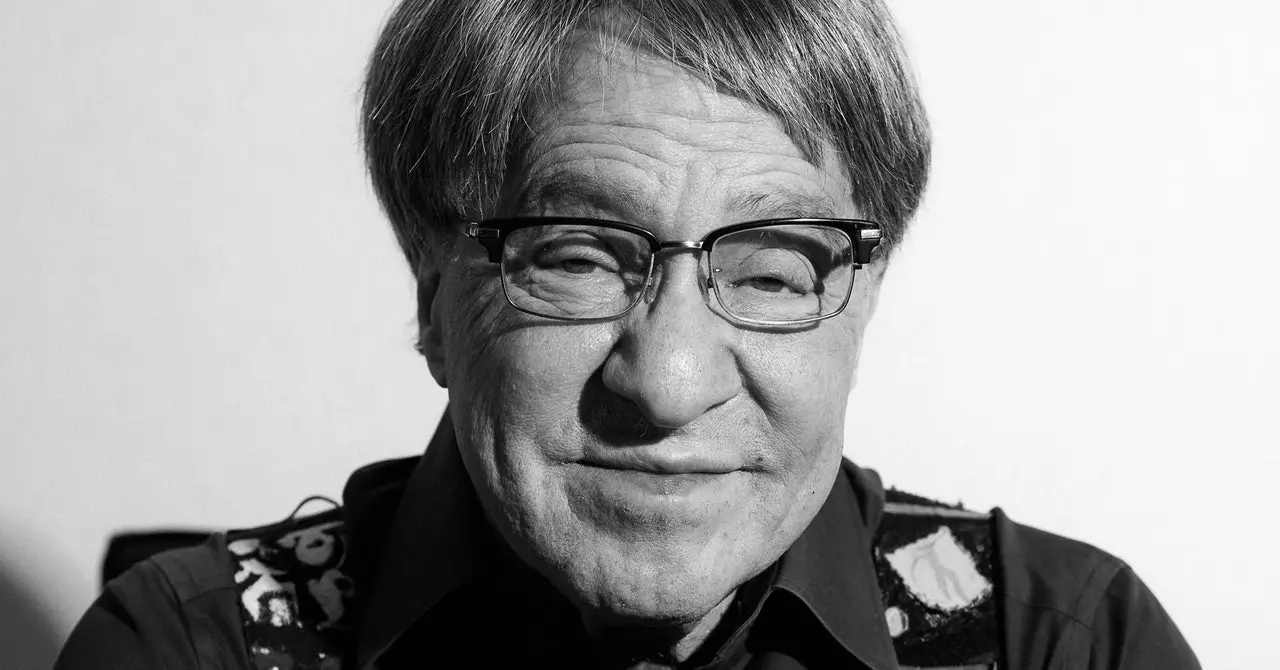The concept of the singularity, as discussed by Ray Kurzweil in his book “The Singularity Is Nearer,” revolves around a future where humans will not only have the ability to perform tasks like curing diseases but also create entirely new solutions through artificial intelligence (AI). Kurzweil believes that AI is crucial in this process as it enables the rapid exploration of countless possible solutions to complex problems, such as cancer. By merging human reasoning with the computational power of AI, individuals will transcend their current limitations and become superhuman.
One of the pressing questions regarding the singularity is whether massive fortunes and income inequality will persist once humans integrate with superintelligent systems. Kurzweil argues that the gap between the wealthy and the average person may narrow significantly in a future where AI revolutionizes various industries. Despite the potential for abundance brought by advanced technology, concerns remain about how evenly the benefits will be distributed among different socioeconomic groups. Kurzweil acknowledges that the expansion of social safety nets and the implementation of universal basic income programs are critical steps towards achieving a more equitable society.
Kurzweil’s optimistic outlook on the future stems from his belief in the transformative power of technology. He envisions a world where artificial general intelligence (AGI) enables machines to perform a wide range of tasks, from mundane chores to creative endeavors like poetry writing. While some may view his perspective as overly optimistic or Panglossian, Kurzweil remains confident in humanity’s ability to navigate the challenges posed by advancing technologies. He points to past achievements in science and technology as evidence of our capacity to overcome obstacles and create positive change.
Despite acknowledging the potential for environmental destruction and other negative consequences of technological advancement, Kurzweil maintains a fundamentally positive view of human nature. He attributes much of our progress to the combination of intelligence and innovation that distinguishes humans from other species. While acknowledging the complexity of current global challenges, Kurzweil expresses confidence in our ability to develop solutions, such as renewable energy sources, to mitigate the harmful effects of industrialization. He believes that ongoing societal changes driven by technological innovation will ultimately lead to positive outcomes for humanity.
Remembering Vernor Vinge
In reflecting on the legacy of Vernor Vinge, a pioneer in the exploration of the singularity concept, Kurzweil fondly recalls their interactions and intellectual exchanges. Despite Vinge’s recent passing, Kurzweil highlights the ongoing relevance of Vinge’s ideas and the importance of continued dialogue about the implications of rapidly advancing technologies. He emphasizes the need for collaboration among scientists, philosophers, and the broader public to address the profound questions raised by the prospect of merging with artificial intelligence systems.
The future of artificial intelligence and the singularity presents complex challenges and opportunities for society. Ray Kurzweil’s insights offer a glimpse into a world where humans and machines coexist in a symbiotic relationship, shaping a future where innovation and progress are driven by our collective efforts. As we navigate the uncertainties of technological change, it is crucial to engage in critical dialogue and ethical reflection to ensure that the benefits of AI are shared equitably and contribute to a more sustainable and inclusive future for all.


Leave a Reply
You must be logged in to post a comment.